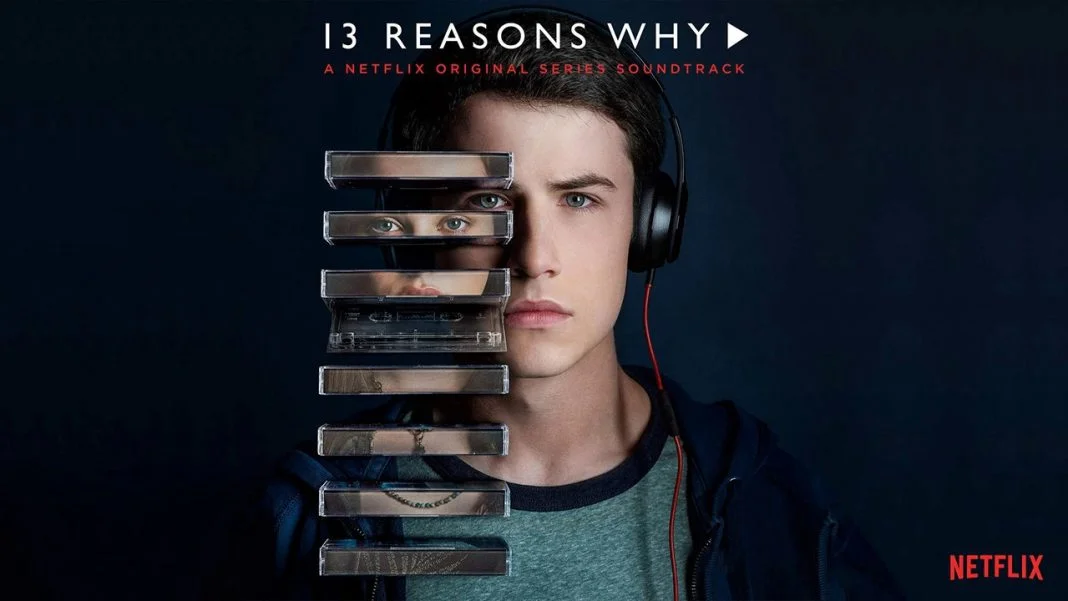Season three of 13 Reasons Why, a Netflix series about a teenage girl who takes her own life, premiers today. Since season one, the show has received mixed reviews from the public and particularly the mental health community. The main concern is the show arguably sensationalizes teen suicide and makes the topic intriguing and attractive to adolescents.
Should teens be watching 13 Reasons Why? Kelly Jameson, Ph.D., a North Dallas therapist in private practice, shares her perspective.
What is the controversy surrounding 13 Reasons Why about?
This fictional TV drama has gone viral because it highlights--out in the open for everyone to see--how some teenagers go about their unsteady adolescence. It’s raw, it’s honest and many aspects are painfully shocking. It’s successful for the same reason that the wildly popular classic novel The Outsiders is still required reading in most middle and high schools. The show demonstrates the emotionality of this stage of life and highlights the issues of bullying, rape, drunk driving, slut shaming and suicide. Overall, it’s affirming for teens and painfully alarming for adults. That’s a formula for pop culture success.
While young viewers are binge-watching and sharing their thoughts on social media, parents and mental health professionals are waving red flags about the show’s possible effect on vulnerable young people. What are the possible effects and who might be vulnerable?
A possible side effect is that it can be triggering for those who suffer from emotional distress, depression or simply feeling isolated from or a victim of their peers. Many of my clients who have struggled with these issues have chosen not to watch the show. That’s true self-care and prioritizing of one’s mental health despite the cultural momentum of the show. Watching the show is a choice.
Do you think watching the series can be educational for some youth and harmful for others?
I believe it’s not appropriate for middle schoolers. Some high school students could benefit from the dialogue that follows after watching the show.
Some say the show fails to convey the role mental illness plays in suicide and suggests that suicide is the best revenge strategy ever. How do you feel about this?
Many of my clients who suffer from depression have said, “This is not a show about depression, it’s about bullying and sexual assault and people being jerks.” So, I believe the topic of depression got lost somewhere in the plot and that’s unfortunate.
Many believe the series sensationalizes suicide without suggesting there were any other solutions to Hannah’s struggles. How do you think teens will see it?
I believe teens are smarter than we give them credit for, most of the time. We have to remember this is a show about their thought processes, and not adults’. They are much more analytical and critical of the show and are not fixating on the suicide, unlike adults.
The series graphically depicts a suicide death, bullying, rape, drunk driving and slut shaming, as well as teenagers witnessing these events and not taking action. What messages could teens take away from these portrayals?
I hope the show makes teens think twice about their own choices when caught in the crosshairs of these situations. I tell my clients daily, “Use your words.” They laugh because it’s something we say to young children who are throwing a fit, but it’s also applicable to teens in a variety of situations. Ask people how they are doing, and really listen. Step out of your bubble and let’s take care of each other.
What advice would you offer parents who are wondering whether to allow their teens to tune in to Season 3 of the series?
If it’s going to trigger feelings of anxiety, depression or suicidal thinking for your teen based on their own lived experiences, it’s probably best not to watch. If your teen can emotionally handle it, and they can dialogue afterwards, then start the conversation.

